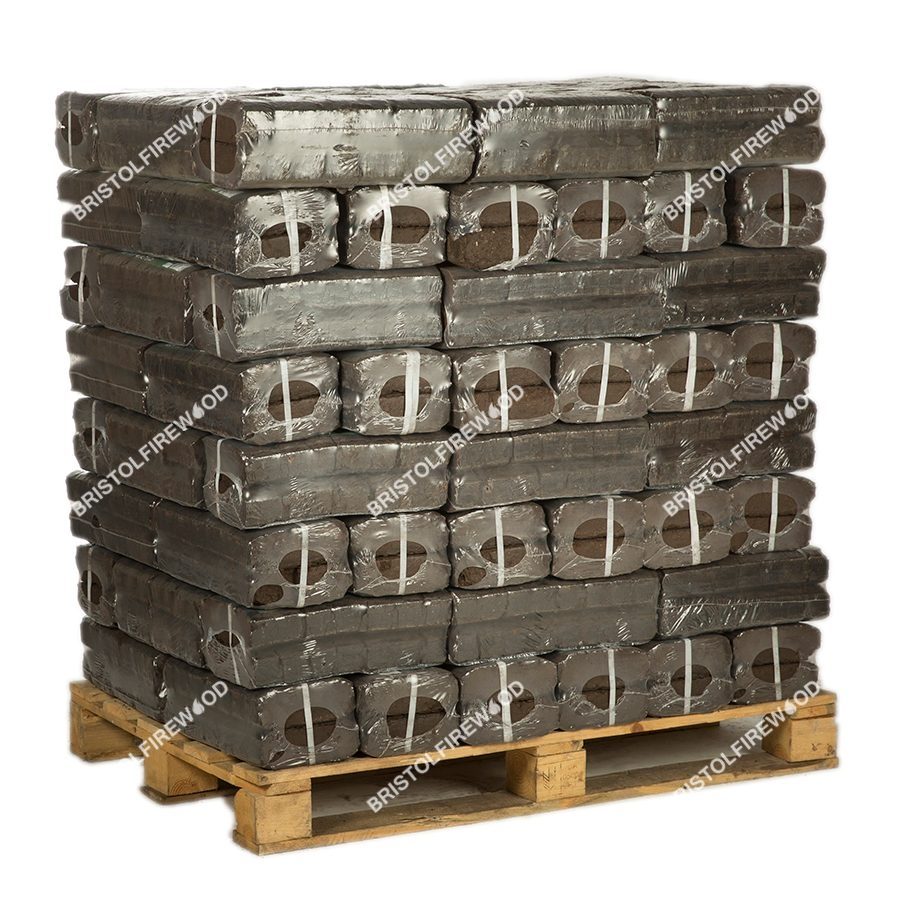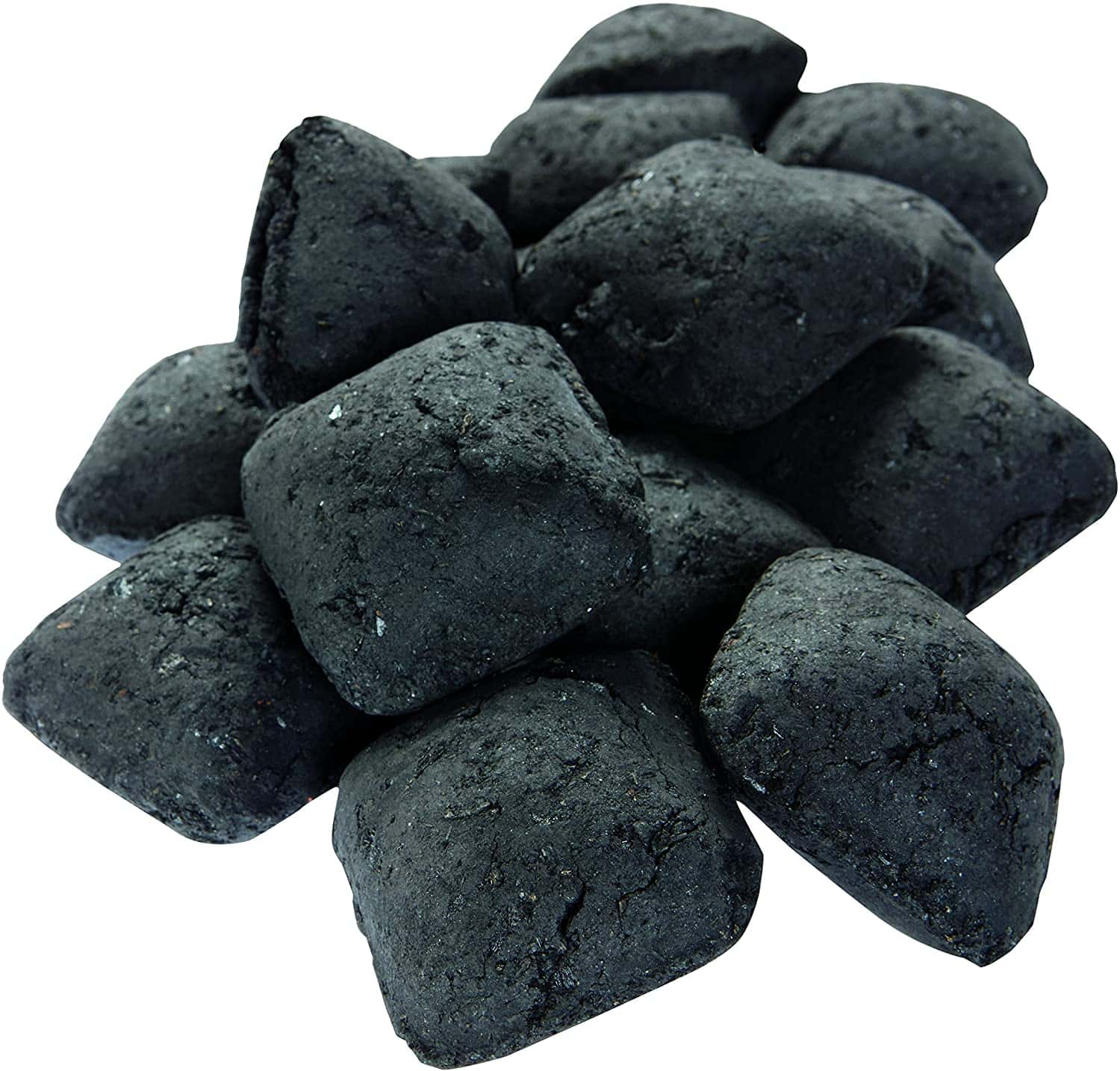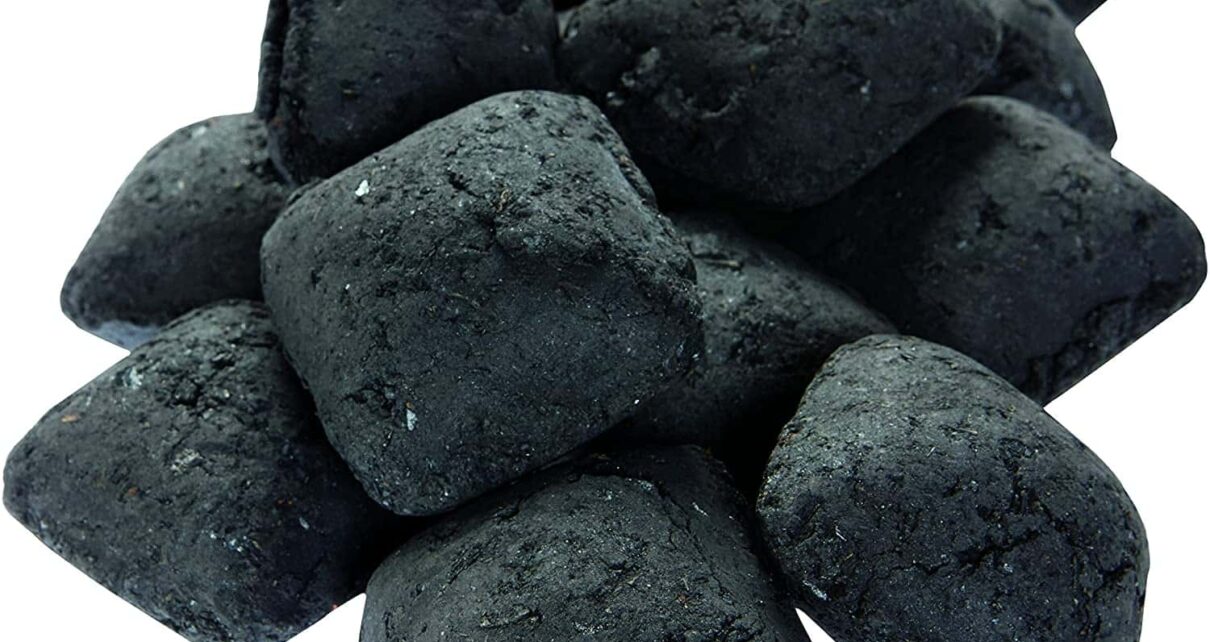In recent years, the puitbriketi müük has gained significant attention as a sustainable energy solution, and for good reason. As we face the challenges of climate change and the depletion of traditional fossil fuels, it becomes increasingly crucial to explore alternative energy sources that are both eco-friendly and efficient. Wood briquettes, a type of biomass fuel, have emerged as a promising option in this regard. In this article, we will delve into the various aspects of wood briquettes and their role in sustainable energy solutions.
What Are Wood Briquettes?
Wood briquettes are compacted blocks of biomass material, typically made from sawdust, wood chips, and other wood residues. These briquettes are created through a process that involves compressing the raw materials under high pressure, often without the use of additives or binders. The result is a dense, energy-rich fuel source that can be used for various heating and energy applications.

Environmental Benefits
One of the primary advantages of using wood briquettes is their environmental friendliness. Unlike traditional firewood, the production and use of wood briquettes generate lower levels of carbon dioxide (CO2) emissions. This is because the briquettes are made from waste materials that would otherwise decompose and release CO2 into the atmosphere. Additionally, cultivating and harvesting trees for firewood can lead to deforestation, whereas wood briquettes make efficient use of existing wood resources.
Energy Efficiency
Wood briquettes are known for their high energy density, which means they provide a significant amount of heat for their size. This makes them an efficient and cost-effective choice for heating homes, businesses, and industrial facilities. The uniform shape and size of briquettes also contribute to consistent and controlled combustion, reducing energy wastage.
Versatility
Wood briquettes are versatile and can be used in various heating appliances, including wood-burning stoves, boilers, and open fires. They can serve as a reliable source of heat for both residential and industrial purposes. Moreover, some briquette manufacturers offer specialized varieties tailored to specific needs, such as barbecue briquettes for grilling enthusiasts.
Reducing Waste
The production of wood briquettes plays a crucial role in reducing waste and promoting a circular economy. By utilizing wood residues and waste materials from forestry and wood processing industries, briquette production helps divert organic waste from landfills. This not only reduces the environmental impact but also conserves landfill space.
Economic Benefits
Another significant advantage of wood briquettes is their potential economic benefits. For communities located near forests or wood-processing facilities, the sale of wood briquettes can provide an additional source of income. It can also create jobs in the local economy, contributing to sustainable development.

Conclusion
As the world transitions toward more sustainable energy solutions, the sale of wood briquettes has gained momentum as a viable alternative to traditional fossil fuels. These dense, eco-friendly blocks of biomass material offer numerous advantages, including environmental benefits, energy efficiency, versatility, waste reduction, and economic opportunities. By incorporating wood briquettes into our energy mix, we can take significant strides towards a greener and more sustainable future.
In a world where the need for sustainable energy solutions has never been more critical, wood briquettes stand as a shining example of how innovative thinking and environmentally conscious choices can lead us towards a brighter, cleaner, and more sustainable tomorrow.




